15 Sep to 22 Sep - National Eczema Week 2019
During National Eczema Week 2019 (15-22 September) we urged everyone to 'Take action on eczema' and know about it.
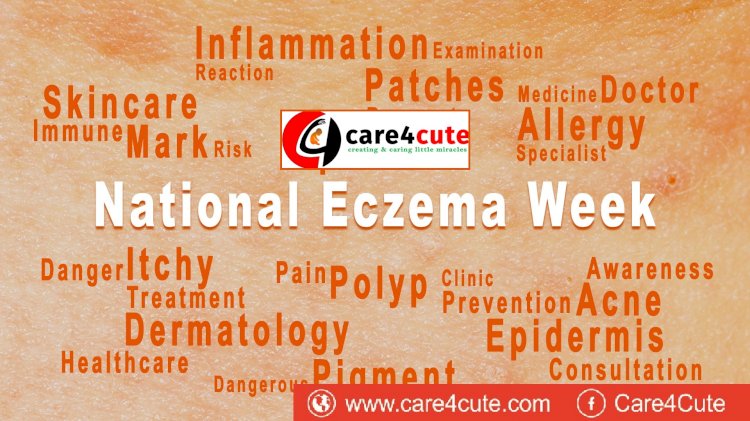
During the third week in September, National Eczema Week shines a spotlight on a skin condition affecting approximately 35 million people in America itself. Well, but 'Australia is among the countries with the highest prevalence of eczema or atopic dermatitis.'
This year, National Eczema Week will be observed from 15 September to 22 September 2019.
The National Eczema Week seeks to spread awareness on numerous platforms. First, the observance aims to educate others about the skin condition called eczema, its symptoms, diagnosis, and treatment. Another objective of the awareness day aims to grow support for the group called the National Eczema Society. Finally, the week places a focus on support for the places eczema sufferers and their families can go to get more information, friendly advice, and assistance.
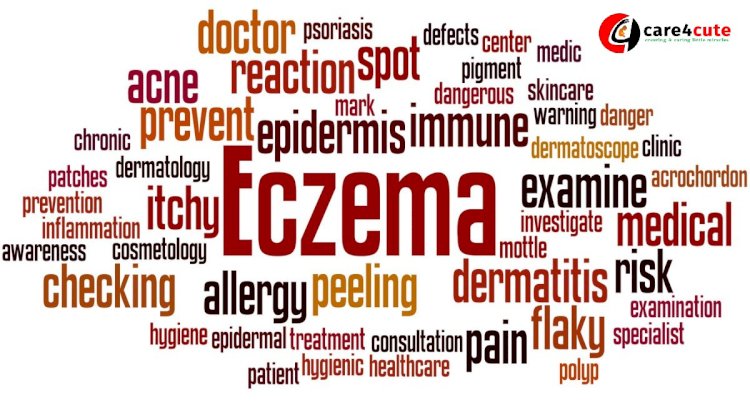
According to the National Eczema Society, one in five children and one in twelve adults has eczema.
The specific cause of eczema is not known. However, it is thought to be caused by a combination of environmental and genetic factors. It is not contagious, and children are more likely to develop such a condition if a parent has had the same or similar condition.
WHAT IS ECZEMA?
Eczema is a swelling of the skin that causes it to become red, dry and itchy. Sternness varies from person to person.
Some experience nothing more than a mild itchy rash on a small part of the body.
For others, the eczema can cover the entire body, and it can be extremely itchy and painful with cracks appearing that, if left untreated, can become infected.
Symptoms of ECZEMA
- Itchiness
- Redness
- Dryness
- Scaling
- Inflammation
- Pale skin and possible loss of pigmentation
- Thick leathery skin
COMMON TRIGGERS
- Foods such as cow's milk, wheat, nuts, rice, alcohol, coffee, and food additives
- Environmental factors including dust mites, pollens, animal hair and saliva, and fungal spores
- Man-made products such as washing detergents, household cleaning products, perfumed soaps, bubble baths and shampoos, fragranced moisturizers and personal care items
- Emotional stress, woolen clothing, synthetic fabrics which can overheat the skin, excessive bathing and hot showers
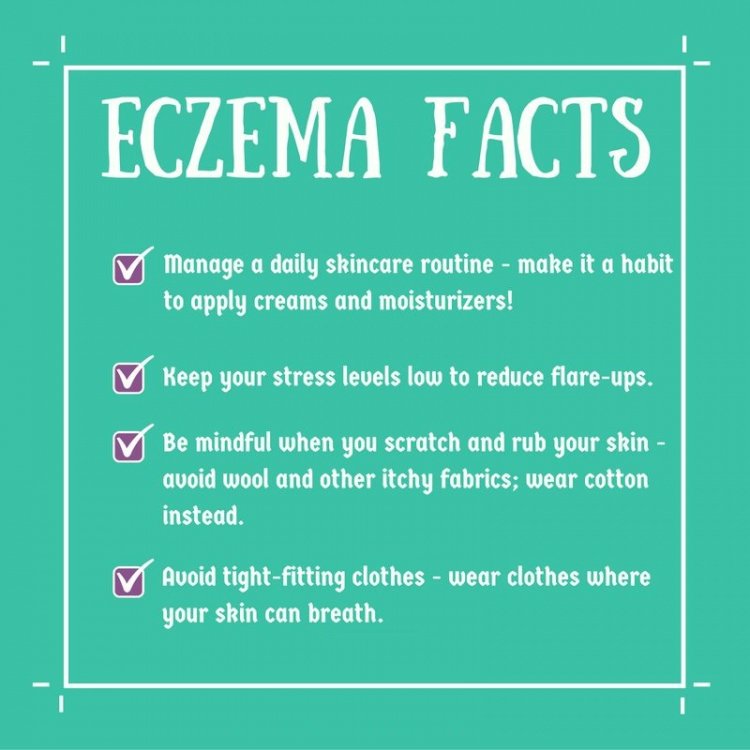
While no treatment is available to eradicate eczema, several strategies help to ease the discomfort.
- Take lukewarm baths or showers
- Apply moisturizer within the first few minutes of bathing.
- Wear cotton and soft fabrics.
- Avoid scratchy fibers and tight-fitting clothes.
- Air-dry the skin or gently towel dry.
- Avoid rapid changes in temperature or activities that might make you sweat.
- Use a humidifier if the weather is cold or dry.
5 Facts You Should Know About Eczema
- There are different types of eczema
They're generally characterized by unique skin conditions.
- African Americans are most likely to suffer
In the U.S., individuals of African American descent are the most likely to suffer from eczema.
- Men are less susceptible
Women are more likely to suffer from eczema.
- Eczema impacts many aspects of life
Almost 40 percent of people who suffer from eczema say that the skin condition has caused them to turn down a job or educational opportunity.
- Eczema often equals asthma
Research has found that individuals with eczema are more likely to develop asthma or allergies.
Why National Eczema Week Is Important
-
National Eczema Week highlights the emotional toll that this condition can take
-
It helps raise money for the National Eczema Association
-
National Eczema Week helps eczema sufferers remember that they're not alone

 Sangeeta Jain
Sangeeta Jain 







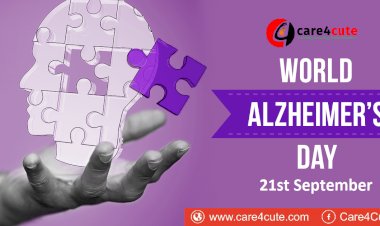



















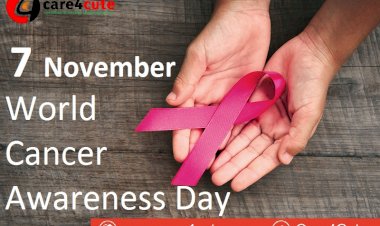


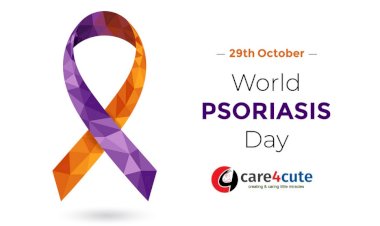


Comments (0)